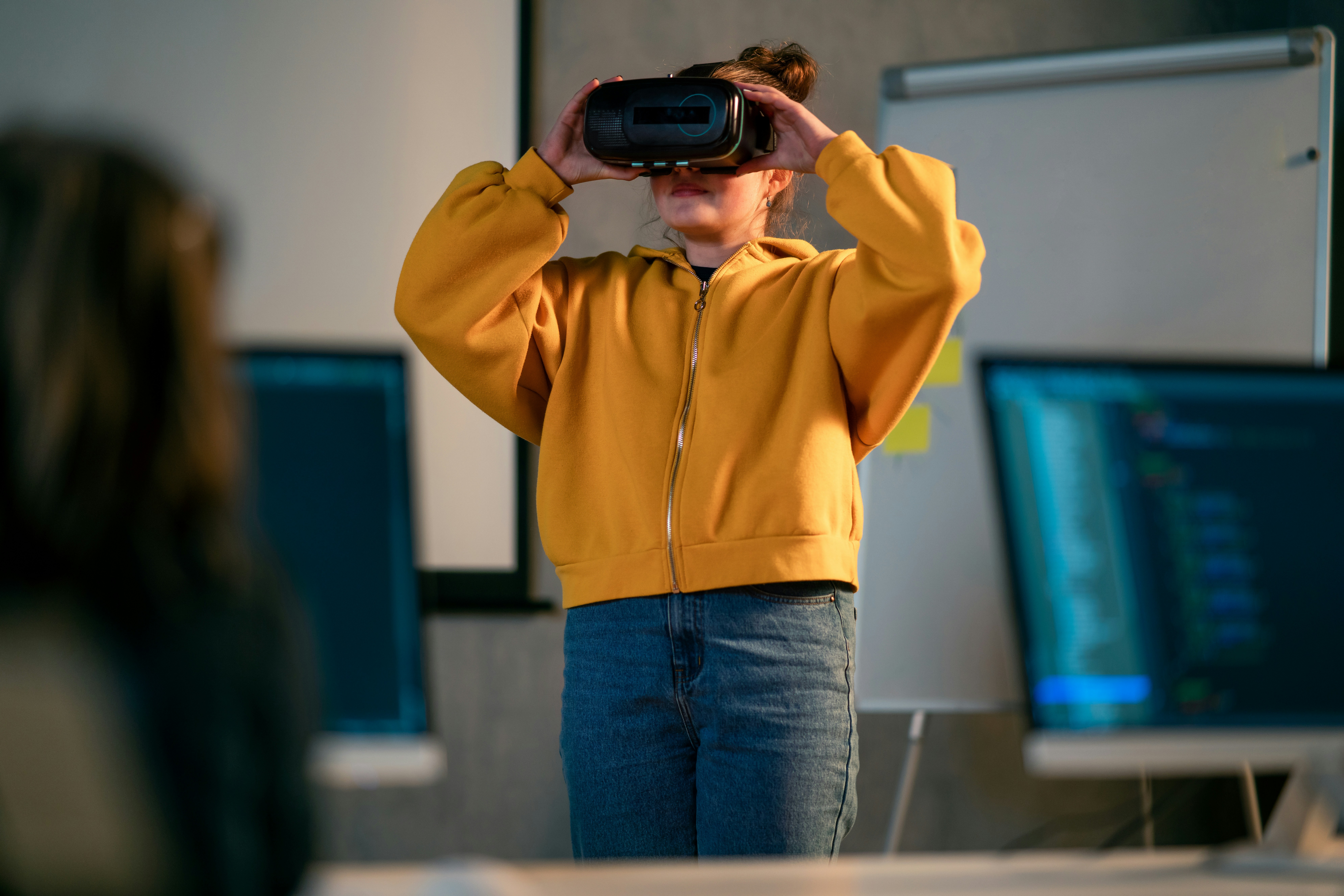-

Augmented Reality Apps for Interactive Earth Science Lessons
•
Augmented reality (AR) is transforming the way we learn about earth science, making lessons more interactive and engaging than ever before. By overlaying virtual elements onto the real world, AR apps provide students with a hands-on experience that brings complex concepts to life.
-

The Evolution of STEM Education: Bridging the Gender Gap
•
As the landscape of education continues to evolve, the focus on STEM (Science, Technology, Engineering, and Mathematics) education has intensified, particularly in addressing the gender gap that persists in these fields. Bridging this gap is crucial for fostering a more inclusive and innovative future.
-

Project-Based Learning: Preparing Students for Real-World Challenges
•
Project-Based Learning (PBL) has emerged as a dynamic approach to education, emphasizing hands-on experiences and real-world application of knowledge. By engaging students in meaningful projects, PBL equips them with the skills necessary to tackle the challenges of the modern world.
-

Educational Policy Reforms: International Case Studies
•
Educational policy reforms are reshaping classrooms around the world, offering fresh insights and innovative approaches to teaching and learning. By examining international case studies, educators can glean valuable lessons that may inspire change in their own systems.
-

Sustainable Education Practices: Lessons from Around the World
•
As the global focus shifts towards sustainable development, education systems worldwide are adapting to integrate sustainable practices. These efforts not only aim to reduce environmental impact but also to foster a generation of students who are informed, responsible, and equipped to tackle future challenges.
-

How Cloud Computing is Transforming School Administration
•
Cloud computing is revolutionizing the way schools manage their administrative tasks, creating more efficient, accessible, and cost-effective solutions for educators and administrators alike.
-

Gamification Metrics: Measuring Success in Education
•
Gamification is transforming the way education is delivered by making learning more interactive and engaging, but how can educators measure its success?
-

Wearable Technology: Implications for Student Wellness and Learning
•
Wearable technology is transforming the way students engage with their education and manage their wellness. With devices like smartwatches and fitness trackers becoming increasingly popular, these tools offer innovative ways to support learning and health in educational settings.
-

The Role of MOOCs in Democratizing Education Access
•
The proliferation of Massive Open Online Courses (MOOCs) has revolutionized educational access, offering opportunities once limited by geography, socio-economic status, or traditional academic barriers.
-

Civic Education: Preparing Students to Be Global Citizens
•
As global interconnectedness grows, the need for comprehensive civic education becomes increasingly vital in shaping students into informed global citizens.